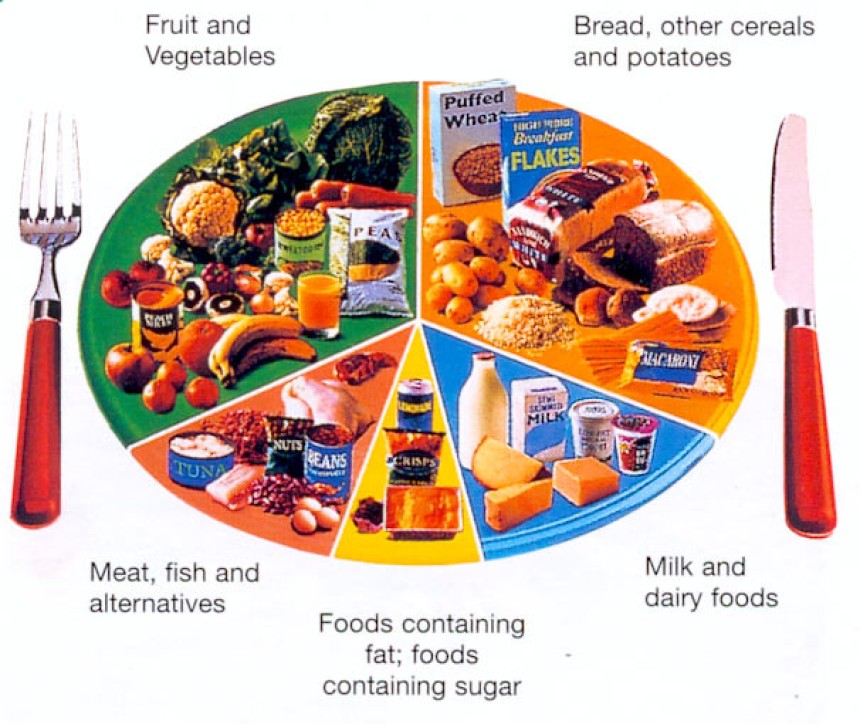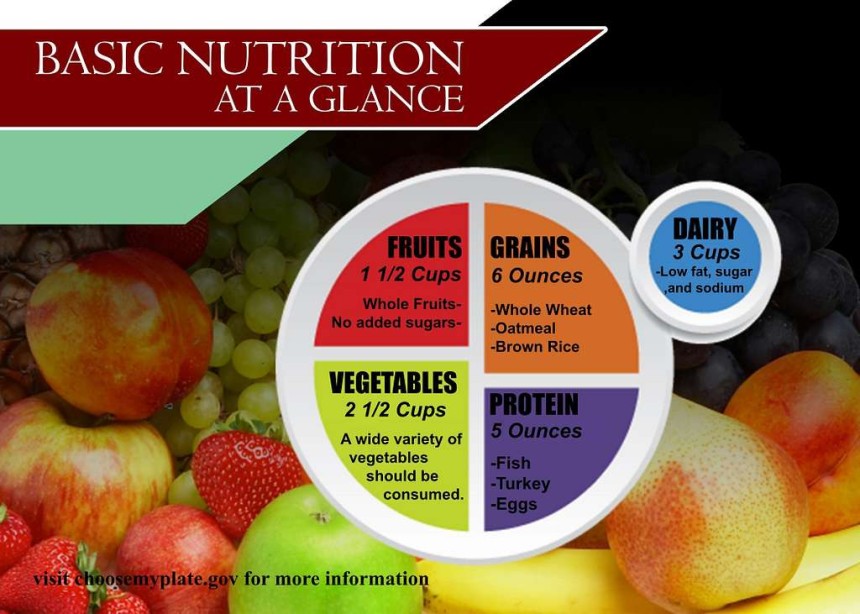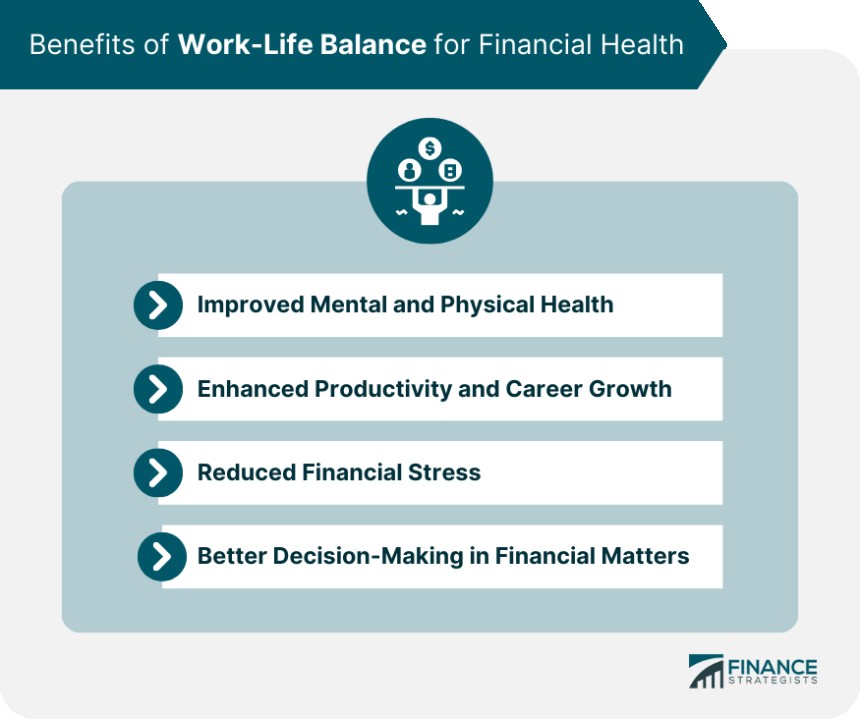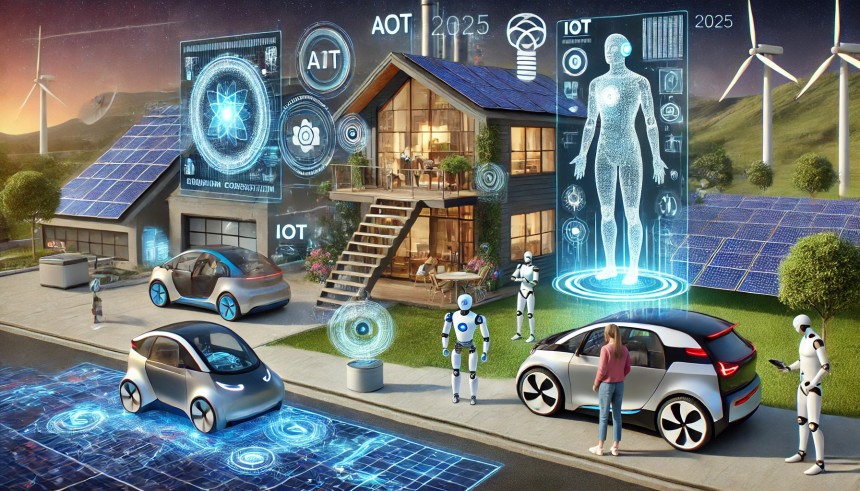
How to Maintain a Healthy Lifestyle in 2025
1. Prioritize Nutrition

Focus on Whole Foods: Incorporate fresh fruits, vegetables, whole grains, lean proteins, and healthy fats into your diet. Personalized Nutrition Plans: Use apps or consult nutritionists who analyze your DNA or health data to create tailored meal plans. Plant-Based Alternatives: Add plant-based proteins and dairy alternatives like oat or almond milk to reduce your environmental impact while staying healthy.
2. Exercise Smartly

AI-Guided Workouts: Leverage AI-based fitness apps that customize workouts according to your goals and fitness level. Short Workouts: High-Intensity Interval Training (HIIT) remains a favorite for busy schedules, providing maximum benefits in minimal time. Outdoor Activities: Explore hiking, cycling, or yoga in nature to stay physically and mentally fit.
3. Embrace Technology

Wearable Health Tech: Invest in fitness trackers or smartwatches that monitor heart rate, sleep, and oxygen levels, providing real-time feedback on your health. Telemedicine and Virtual Consultations: Use telehealth platforms to consult doctors and dieticians without leaving home. Health Apps: Apps that track your water intake, step count, and calorie consumption can help build healthy habits.
4. Mental Well-Being Matters

Mindfulness Practices: Practice meditation, journaling, or deep breathing to combat stress and anxiety. Digital Detox: Schedule screen-free hours to reduce digital fatigue. Connect Socially: Spend quality time with friends and family to nurture relationships and mental health.
5. Get Enough Sleep

Stick to a Routine: Aim for 7-9 hours of sleep daily by maintaining consistent sleeping and waking times. Create a Sleep Sanctuary: Use blackout curtains, comfortable mattresses, and avoid screens before bedtime. Sleep-Enhancing Tech: Gadgets like white noise machines or smart lamps can improve your sleep quality.
6. Stay Hydrated

Drink Plenty of Water: Aim for 8-10 glasses of water daily. Infuse Your Water: Add fruits like lemon, cucumber, or mint to make hydration enjoyable. Smart Bottles: Use water bottles that remind you to drink water throughout the day.
7. Regular Health Checkups

Routine Screenings: Early detection is key to managing health issues. Visit your doctor regularly. Track Your Vitals: Keep tabs on cholesterol, sugar levels, and blood pressure.
8. Sustainable Living

Eco-Friendly Diets: Reduce processed food consumption and opt for locally sourced, organic produce. Active Transport: Walk, cycle, or use public transport to reduce your carbon footprint while staying active.
9. Manage Stress Effectively

Hobbies and Interests: Dedicate time to hobbies that bring you joy and relaxation. Therapeutic Techniques: Consider therapy, group counseling, or online support groups if stress becomes overwhelming.
10. Consistency Over Perfection

Adopt small, sustainable changes rather than extreme measures. Focus on balance rather than restricting yourself.
Living a healthy lifestyle in 2025 is about leveraging advancements while sticking to tried-and-tested methods of wellness. A combination of technology, mindfulness, and smart choices will ensure you thrive in the years to come.





